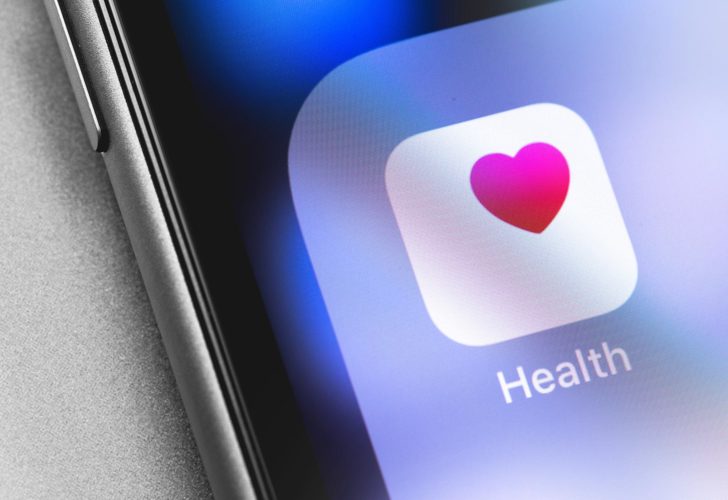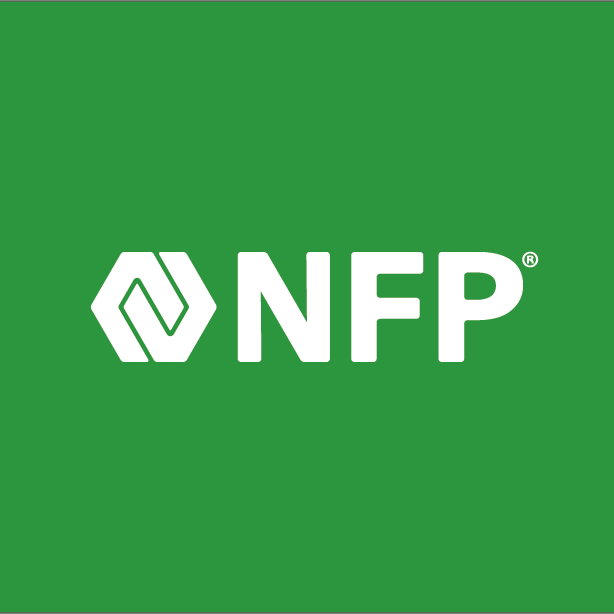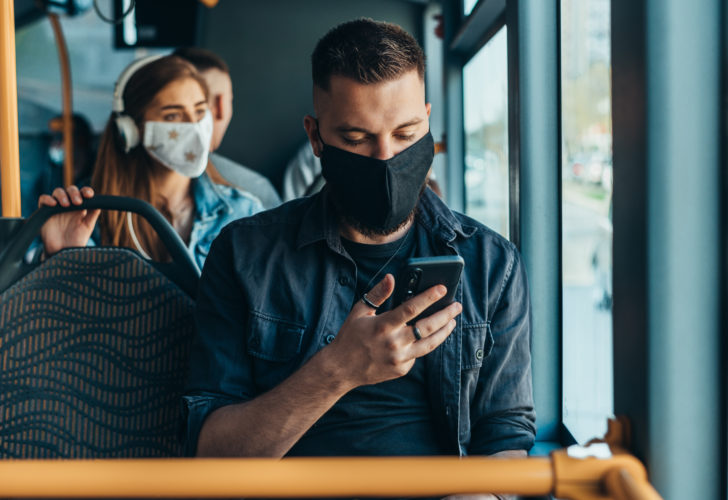Will 2020 Be the Year Health Care Consumerism Takes Hold?
By NFP
Published February 3, 2020

For years, many health care experts have been calling for a new paradigm: health care consumerism. They imagine a world where individuals can take a more active approach in decisions involving their health, and care shopping is no different than shopping for a new car or the latest HDTV.
By taking a more proactive approach, consumers would be able to make better, more cost-effective decisions regarding their health care. But to date, health care consumerism hasn’t fully transformed the health care sector as experts have hoped and predicted. There are, however, several key developments indicating that 2020 may be the tipping point where health care consumerism takes root.
Price Transparency
One of the biggest obstacles preventing health care consumerism has been the lack of price transparency. Due to pressure from employer groups and many third-party players, health care providers and insurance carriers have started to lift the veil on health care service pricing. In 2019 under the Trump administration, the departments of the Treasury, Labor, and Health and Human Services proposed several evolutions of a health care price transparency rule that would require insurers to provide personalized, real-time estimates of an individual’s out-of-pocket costs. In addition, hospitals must post their negotiated rates for 300 “shoppable” services such as facility and employed physician fees.
With many Americans now accustomed to online price comparison shopping through sites like Amazon and Kelley Blue Book, the clock is ticking for the health care industry to become more price transparent.
Consumer Adoption of Health Care Technology
Consumers’ willingness to take proactive measures regarding their health care can take many forms. Many technology vendors in recent years have seized upon this willingness by developing technology to nudge consumers into better health care decisions with voice assistants like Amazon’s Alexa and wearables such as the Fitbit.
According to the Accenture 2018 Consumer Survey on Digital Health, 33% of consumers are willing to wear technology that tracks their fitness, lifestyle, and vital signs (up from 9% in 2014). This could be invaluable to care providers, since 90% of consumers are willing to share their wearable device data with their doctor.
In a similar vein, the use of voice assistant technology is on the verge of exponential growth. According to Fior Markets, a market intelligence company, the global value of the virtual assistant market was $190 million and is expected to reach $3.5 billion by 2025. Not surprisingly, Amazon announced a pilot program in November 2019 enabling some users of Alexa to set up their own prescription drug reminders and enable prescription drug refills via a simple voice command.
“Retailization” of Health Care
Recent years saw the creation and expansion of many corporate mergers and acquisitions between traditional health care providers and consumer retailers to tap into the “retailization” of health care (with the CVS acquisition of Aetna and the Humana/Walgreens partnership in 2018). The retailization of health care is the transformation of the health care patient experience into a typical retail consumer experience. For example, consumers who shop at select Walmart, CVS, or Walgreens locations can also access health care services ranging from vaccinations/flu shots to remedies for minor injuries and illnesses such as sprains and upper respiratory infections. Further, the prices associated with these health care services are not only affordable but also transparent. Therefore, it’s safe to assume that there will be additional deals struck between traditional medical providers and retailers as well as an expansion of health care service offerings for those players already in this market.
While some headway has been made toward health care consumerism, we have yet to reach the tipping point. However, we seem to be moving closer. The strides being made in price transparency, consumer adoption of health care technology, and the retailization of health care make today’s health care landscape remarkably different than it was even two years ago. We might very well look back on 2020 as the year health care consumerism actually took hold.
In 2016, The Bailey Group became a subsidiary of NFP, a leading insurance broker and consultant that provides unparalleled employee benefits, property & casualty, retirement and individual private client solutions. Together, our solutions and expertise are matched only by our personal commitment to each client’s goals.




